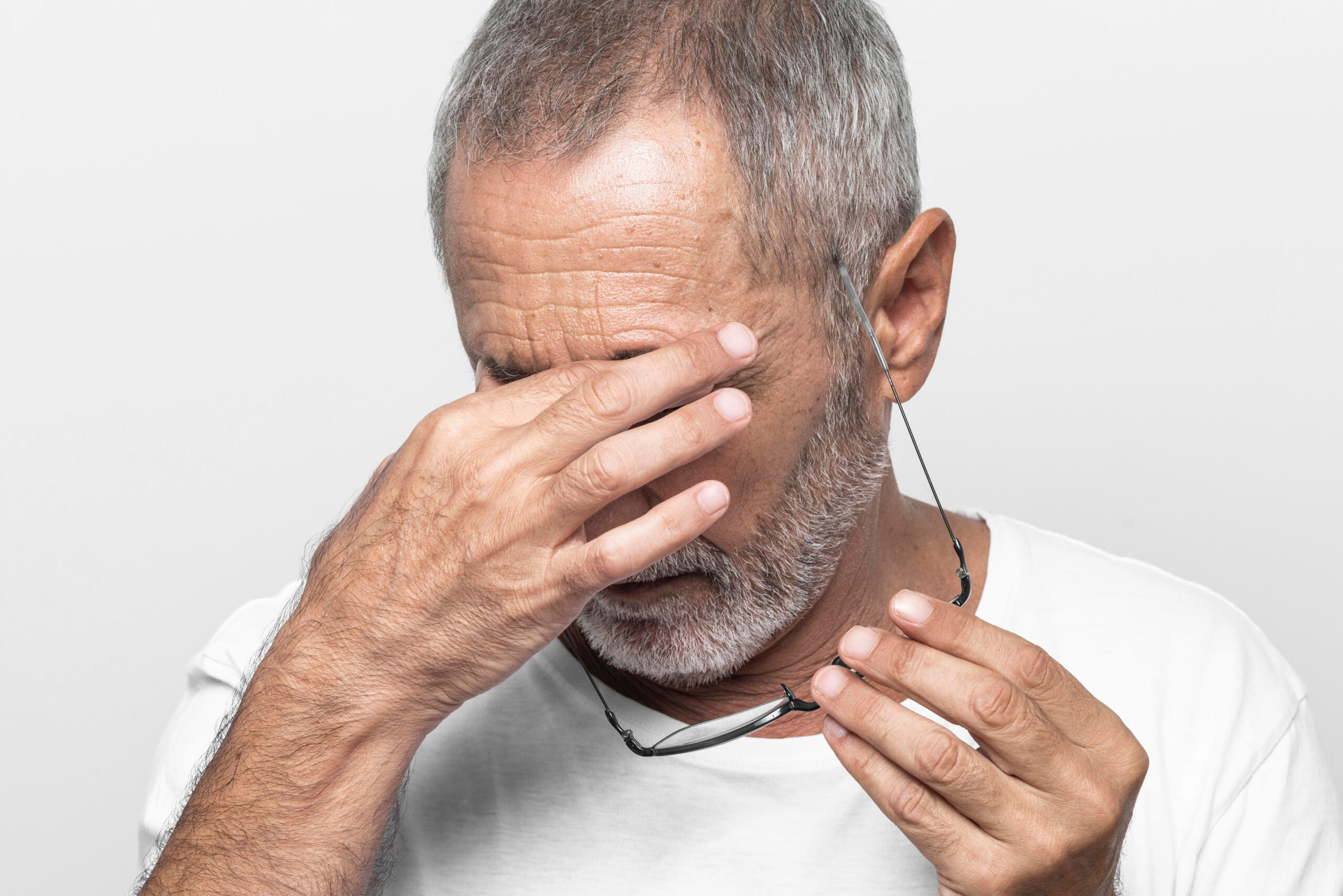Eye Injury Prevention: Protecting Your Vision
A split second is all it takes to change your vision forever. Every year, thousands of Americans experience eye injuries that could have been prevented with a few simple precautions. From home repairs and workplace hazards to sports and playground activities, protecting your eyes doesn’t require special effort—just awareness and the right habits.
At Buffalo Ophthalmology, we see how quickly preventable injuries can impact sight and quality of life. That’s why this month, we’re focusing on eye injury prevention—because once damage occurs, recovery isn’t always guaranteed.
The Scope of the Problem
Eye injuries are more common than most people realize. According to the American Academy of Ophthalmology, nearly 90% of eye injuries are preventable. Yet every day, people of all ages suffer damage caused by flying debris, chemicals, or blunt force.
The most frequent causes include:
- Home improvement projects and yard work
- Sports and recreational activities
- Chemical splashes from cleaning products
- Workplace hazards such as welding, grinding, or construction
- Accidents involving household tools or sharp objects
Protecting Your Eyes at Home
Many eye injuries occur not on job sites but in the comfort of our own homes. Everyday activities like mowing the lawn, hammering nails, or using cleaning solutions can pose risks if we’re not careful.
Follow these simple safety steps:
- Wear protective eyewear when using power tools, lawn equipment, or chemicals.
- Avoid touching or rubbing your eyes during cleaning tasks or cooking, especially when handling oils, detergents, or bleach.
- Store sharp objects like scissors, bungee cords, and tools safely out of reach of children.
- Use caution when opening bottles under pressure, such as carbonated beverages or paint cans, which can send small particles flying.


Safety on the Job
If your work involves construction, manufacturing, or any environment with airborne debris, protective eyewear is essential. Employers are required to provide appropriate eye protection, but personal responsibility is just as important.
- Always wear ANSI-approved safety glasses or goggles suited to your specific work environment.
- If you wear prescription glasses, make sure your safety eyewear fits over them securely.
- Use face shields for high-impact tasks such as welding or metal grinding.
- Regularly inspect your protective gear for cracks, scratches, or loose parts that may compromise safety.
Workplace injuries are among the most severe, often leading to long-term vision impairment. Proper eye protection reduces that risk dramatically.
Sports and Recreation
Sports are another leading cause of eye injuries, particularly for children and teens. Baseball, basketball, racquet sports, and even swimming can cause trauma or irritation without adequate protection.
Parents and athletes should consider:
- Polycarbonate sports goggles for contact or ball sports
- Sunglasses with UV protection for outdoor play
- Well-fitting swim goggles to prevent irritation from chlorine or saltwater

What to Do If an Eye Injury Happens
If an eye injury occurs:
- Do not rub the eye or try to remove objects yourself.
- Flush the eye with clean water or saline if a chemical exposure occurs.
- Seek emergency care immediately for any severe pain, vision loss, or visible injury.

Protect Your Eyes, Protect Your Future
Eye safety doesn’t require major effort—just mindfulness. Whether you’re at work, home, or on the field, taking a few extra seconds to wear protective eyewear could prevent a lifetime of vision problems.
At Buffalo Ophthalmology, our team is here to treat and, most importantly, help you prevent eye injuries before they happen.
Schedule your comprehensive eye exam today to ensure your vision stays protected, clear, and strong for years to come.
Request An Appointment
"*" indicates required fields

